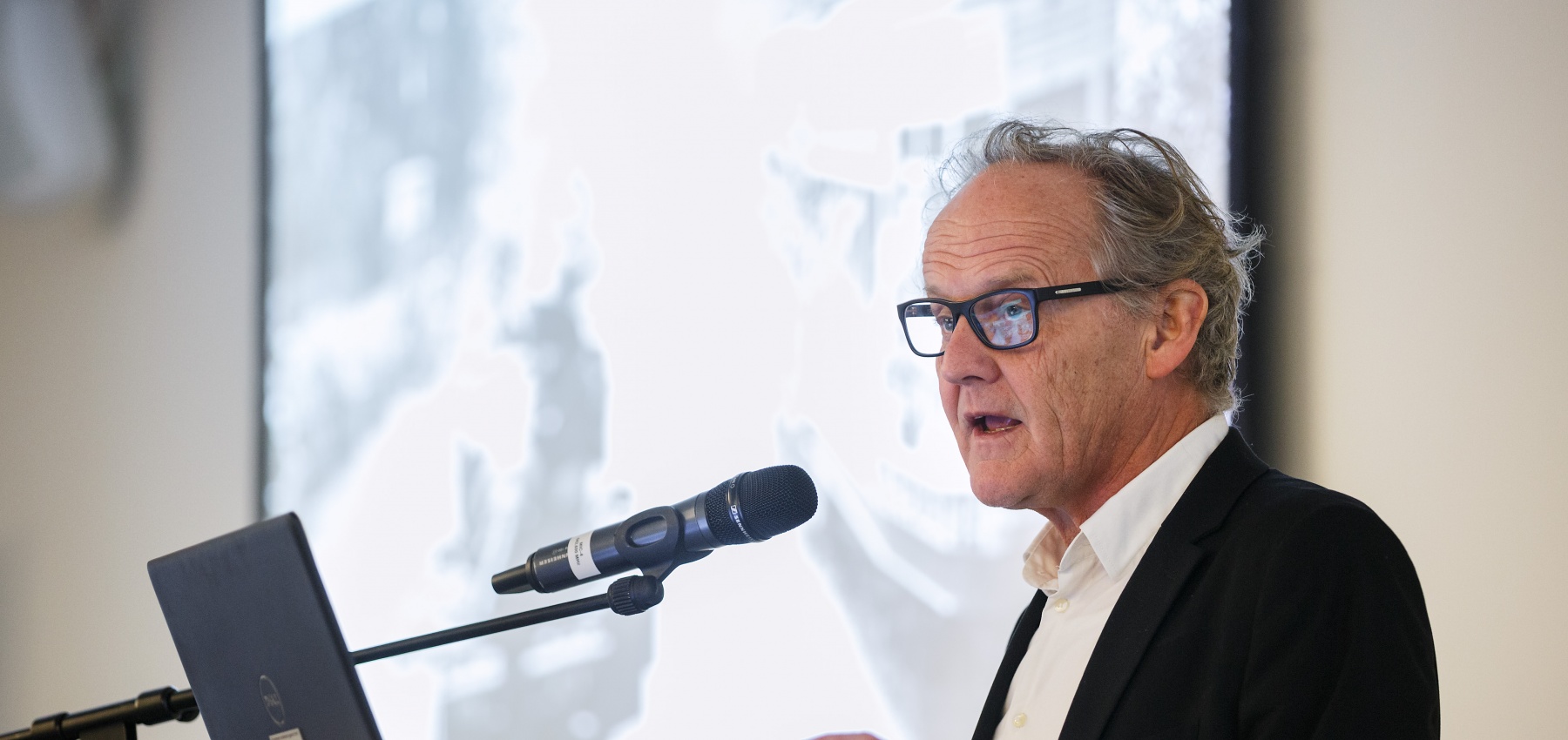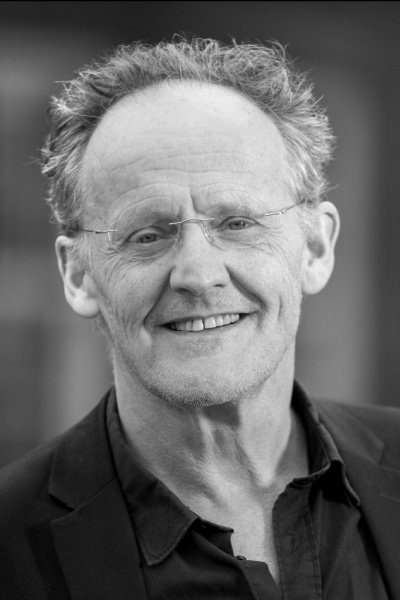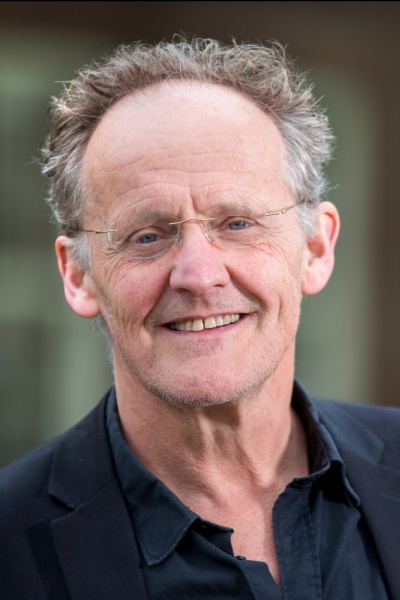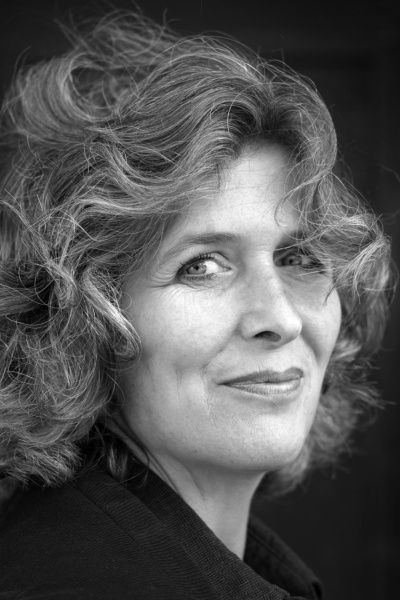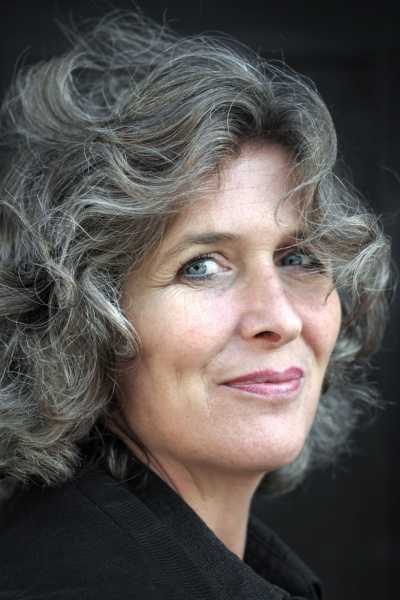Last Saturday, November 2, the third public meeting of the research program took place in collaboration with the National Archives in The Hague. NIOD director Frank van Vree (in the morning) and program leader Mariëtte Wolf (in the afternoon) gave an introduction. The text can be read below.
Research in progress. Behind the scenes of the research programme Independence, Decolonization, Violence and War in Indonesia, 1945-1950
Dear attendees,
I would also like to welcome you to this public ‘working meeting’, with its telling title, Research in progress. As has already been mentioned, this meeting has been organised by the research programme on Independence, decolonisation, violence and war in Indonesia, in close cooperation with the National Archives of the Netherlands.
First of all, I should thus like to express our gratitude to the previous speaker, the Head of the Public Record Office, Marens Engelhard, and his staff at the National Archives. We are here today at their invitation. But that is not the only reason why we wish to thank the National Archives. From the very outset, they have actively supported our research programme, and they have always proved obliging when our researchers call up and consult the relevant collections.
Our focus today is on doing research, particularly archive research: what does it mean to conduct research in practice? Which sources are used for the research on Indonesia, and what can they tell us? How do researchers deal with the inevitable bias and contradictions in the sources? And can we ensure that multiple voices are heard, so that not only the vision of the Dutch authorities, but also Indonesian republicans, conscripts and the residents of a kampong on Java have a voice?
It promises to be an interesting programme, with plenty of opportunities for interaction, during the workshops and presentations in which the programme researchers and several external experts will share experiences from their research practice. In addition, the National Archives will be holding workshops on how to do archive research, and will be giving guided tours of the depot and the Highlights in perspective exhibition.
But before we make a start on the workshops and the other unique aspects of this programme, we would like to give a short, concise overview of the key principles and approach of our research programme, and explain where we have got to and how far we have come.
1. Approach and basic principles
As you will be aware, the research programme on Independence, decolonisation, violence and war in Indonesia, 1945-1950 is a joint undertaking by three research institutes: the Royal Netherlands Institute of Southeast Asian and Caribbean Studies (KITLV), the Netherlands Institute for Military History (NIMH), and the NIOD Institute for War, Holocaust and Genocide Studies. NIOD is the programme secretary.
The programme consists of eight sub-projects, and aims to provide scholarly answers to questions about the nature, extent, causes and impact of the Dutch violence, viewed in a broad political, social and international context.
The programme is not an investigation of the entire history of Dutch colonialism, and the violence and racism that were inextricably bound up with this. That was not the starting point of the programme; writing the history of 350 years of colonialism would require a very different approach. But that is not to say that we do not consider the broad historical context. On the contrary, the fundamentally unequal society that existed prior to the war forms an essential context, and is thereby a crucial factor in being able to understand the violence of the period between 1945 and 1950.
The programme focuses on the question of the dynamics of the events surrounding the violence of that time. As was already mentioned, the roots of this violence can be traced back to pre-war Dutch colonialism, as Piet Hagen also demonstrated last year in his lengthy book Koloniale Oorlogen in Indonesië [colonial wars in Indonesia], as well as the years of the Japanese occupation. The period on which we are concentrating in this programme starts in August 1945, marked by the Japanese capitulation and the declaration of the Republic of Indonesia on 17 August 1945; a period when many towns and regions were subject to a power vacuum and widespread violence.
And it is this that forms the focus of the programme: a research study on war and violence, running from August 1945 to the end of 1949, with a detailed investigation of the military, political and judicial aspects, as well as the consequences of the violence for various population groups and, furthermore, paying attention to the political and social aftermath in the Netherlands.
Within a number of sub-projects, we are cooperating with scholars from Indonesia and other countries. The aim is to bring greater nuance to the history of the war in Indonesia and its impact on Indonesian society between 1945 and 1950. This international cooperation is also intended to help the programme evade common Eurocentric perspectives and the terminology that goes with them. In these international projects, for example, we look at the impact of the war at the local and regional levels in Indonesia, and draw comparisons with other wars of independence during this period. I shall return to this later.
One special aspect of the programme is project called Witnesses and Contemporaries. This project provides space for personal stories from the Netherlands and Indonesia. People who lived through the period between 1945 and 1949, or have a special story to tell about it, have been invited, and in many cases actively approached, to share their stories with us. In this way, these stories are being preserved for future generations. This story-telling aspect is being researched in all kinds of ways: through interviews, group discussions and letters to the project, but also by sharing, or even entrusting to us, diaries, original letters and photographs. One of today’s sessions – Speaking of personal stories – presented by Eveline Buchheim, Fridus Steijlen and Stephanie Welvaart, in cooperation with the Indonesian historian Ody Dwicahyo – is explicitly devoted to this project.
2. How far have we come?
The programme started on 1 September 2017. That means that it has been under way for over two years. But that also means that we have less than two years to go: at the beginning of September 2021, we need to present the most important results of our research. And I can already tell you that this will involve hard work!
Half-way through a research programme, it is tricky to make specific statements without anticipating the conclusions. Let me therefore limit my comments to two projects that are almost complete. First, the international project entitled Comparing the wars of decolonisation: Extreme violence during reoccupation and counter-insurgency, 1945-1975, a project that compares various independence and/or decolonisation wars in Asia and Africa. The project has been rather like a ‘pressure cooker’: this spring, during a period of just three months, a group of international researchers worked together at NIAS, the Netherlands Institute for Advanced Studies, in Amsterdam. Part of this involved holding a public meeting – which a number of you undoubtedly attended – at Amsterdam’s Public Library on June 20, 2019.
The results of this project will be published in Dutch in June 2020, in a special edition of the Low Countries Historical Review. A more detailed, English-language volume will be published in September 2021. These publications will compare all kinds of aspects of the various wars, such as the use of extreme violence in asymmetric warfare (as viewed from a military perspective), reporting and information provision on violence, and the sexual violence committed by the French and the Dutch in Algeria and Indonesia, respectively, to name but a few themes. The most important aims of this international comparative research are first, to bring nuance to our understanding of the Dutch-Indonesian war, and second, to help us identify and analyse patterns and events in the war.
There is yet another part of the programme that is more or less approaching completion: the project on the International political context, which aims to dig out as much new information as possible from the international archives; in England and France, but also the National Archives and Record Administration (NARA) in Washington, and the United Nations Archives in New York. In these archives, we were able to find a lot of information that has not, or has hardly, been seen or used to date, ranging from reporting by foreign observers on the ground to diplomatic correspondence. From these sources, for example, we can gather how and why the Netherlands gradually became isolated as a result of its stance and actions, even though the French followed the same line as the Dutch for several years. Part of this project also entails a detailed study of the international arms trade in relation to the conflict. Today, two researchers from the project, Tom van den Berge and Emma Keizer, will reveal some of the findings in their presentation Strictly confidential! The influence of international diplomacy on Indonesian independence.
A great deal more could be said about the progress being made by the various research projects, and the many activities and initiatives of the dozens of researchers within the different projects. Today, some of them will speak in person at the different workshops and presentations.
But here we nevertheless offer a small selection, to give you an impression of what our researchers are working on: the endless searching of the paper archives of individuals and institutions, not only here in the National Archives, but also elsewhere in the Netherlands and far beyond; the more or less anthropological fieldwork in Indonesia, searching for the voices of the past; the attempts to obtain reliable data on victims in the transitional period between 1945 and 1946 (on which the researcher Ron Habiboe will today give a presentation); the detailed analyses of the large collections of interviews conducted in the past; and not to forget the extremely diverse collections of autobiographical texts – such as letters, diaries and memoirs – that are stored in various institutions.
And then, of course, there is the participation in conferences and symposia with Indonesian historians, and the collaborative project with the Universitas Gadjah Mada (UGM) in Jogjakarta. If you would like to find out more about this, you can attend today’s presentation by Anda Zara and Martijn Eickhoff. In the presentation entitled Beyond the demarcation line, they will describe their Regional Studies project, in which the dialogue between Indonesian and Dutch historians plays a key role. A dialogue that is partly shaped by the mutual exchange of sources and perspectives, historical and otherwise, with the aim of deepening our understanding of the dynamics of the events that took place in various parts of the Indonesian archipelago.
3. Today’s programme
As has been mentioned several times, we are literally in the middle of the research programme. For this reason, having held two public meetings in Pakhuis de Zwijger in the past, this year we decided to focus on the practice of research, as indicated by the title: Research in progress. Behind the scenes of the research programme Independence, decolonisation, violence and war in Indonesia, 1945-1950.
Today, our aim is to allow you to look over the shoulders of our researchers, and to give you an opportunity to exchange ideas with them about the sources they use. We will show what ‘conducting research’ means in practice, which sources the researchers use, and what these sources tell us. And, in particular, we want to discuss the challenges associated with using these sources; this issue even forms the focus of some workshops and presentations. In the workshop The sunbeam has hit its target, for example, researcher Azarja Harmanny will discuss the opportunities and hazards of using official military reports as historical sources. The reliability of sources will also be discussed in the workshop From reliable sources led by his colleagues, Tico Onderwater and Esther Zwinkels, which will show how intelligence reports were used in the fight against Indonesian revolutionaries. And the coexistence of different, sometimes conflicting perspectives is a key theme of the workshop Reading the news from different sides by researchers Anne van der Veer and Maarten van der Bent, who have compared reporting in the Dutch, Indonesian and Sino-Indonesian press.
As already mentioned, the National Archives is playing an important role in this research programme. Several researchers can be found here during the week; this building is like a ‘second home’ to some of them, due to the large number of relevant collections that are housed here. Let me give you two examples: the NEFIS archive, which contains material from the Netherlands Forces Intelligence Service (NEFIS), and what would later become the Central Military Intelligence Service (CMI) at the headquarters in Bandung. These archives, with their online inventories, opened up thanks, in part, to the KITLV researcher Harry Poeze, form an incredibly rich source, not least due to the large number of Indonesian documents – some of them seized – that were gathered by Dutch intelligence services between 1943 and 1949. In their presentation A problematic gold mine the art historians Aminudin Siregar and Harm Stevens also reflect on the feelings of unease they experience when consulting these collections.
Today, our key focus is on archives and collections, which is why the National Archives is the perfect venue for our meeting. But, as we shall see in several workshops, the researchers will by no means limit themselves to the material that is stored here. The Indonesian historian Norman Joshua, for example, will take us to the International Institute of Social History (IISH) and NIOD in a search for personal testimonies, in his presentation Revolution and its discontents on the use of sources and their distortions when researching Indonesian revolutionary movements. And Gerda Jansen Hendriks, an historian of film and television, will in turn in The image of war show us clips from Dutch and Indonesian newsreels, from the collections of Sound & Vision in Hilversum.
Finally, a few parts of the programme are being provided specially by the National Archives:
- a workshop for people who wish to conduct their own research in the National Archives, by Diederik van Romondt
- a presentation on conducting research and family research in the archives of the Royal Netherlands East Indies Army (KNIL), by Erik Mul
- a guided tour of the depot and of the exhibition Highlights in perspective: from the Act of Abjuration to the Abdication, by Wilfred Boom
Ladies and gentlemen, dear attendees,
I believe that both the location and the programme promise to give you an impression, at any rate, of our research activities. I wish you a fascinating and informative day.
